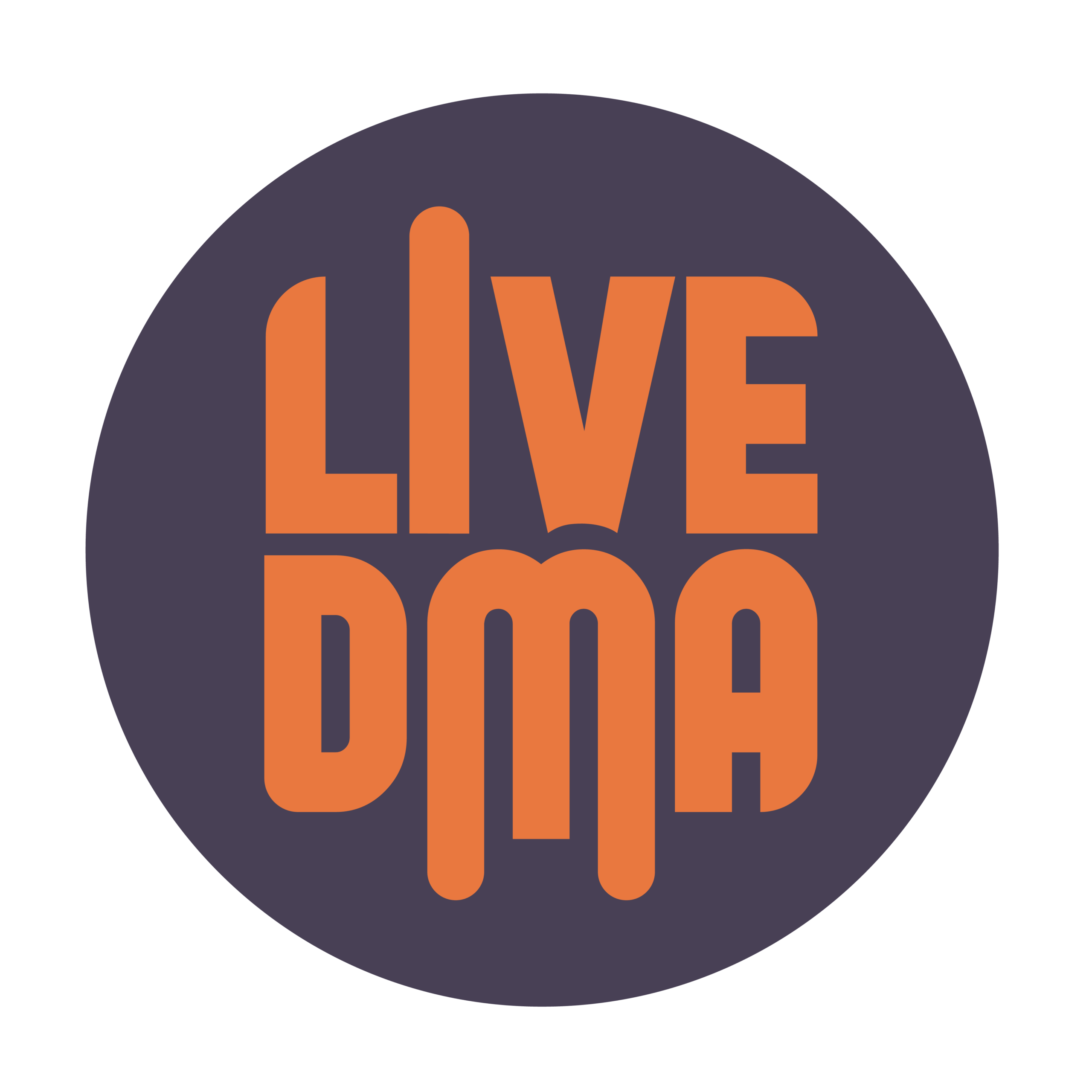“It’s really important for us to be at the forefront on the sustainability and inclusion questions, to inspire others and help with all these things. If we don’t have a sustainable future, we may not have a future at all.”
observation & figures
On this page, you can find facts, figures and information on specific topics and on specific regions and countries.
-
Since March 2020, most of the 2,600 live music venues and clubs represented by Live DMA and its members in 16 European countries are in survival mode. Due to government regulations, music venues and clubs had to cancel or reschedule all their events. Due to the current restrictions, apart from small concerts and non-musical events,…
Read»
-
This article presents: WHAT IS THE VAT The Value Added Tax, or VAT, in the European Union is a general, broadly based consumption tax assessed on the value added to goods and services. Source: European Commission The live music sector is international. It can thus be difficult to grasp all the VAT requirements of each country and…
Read»
-
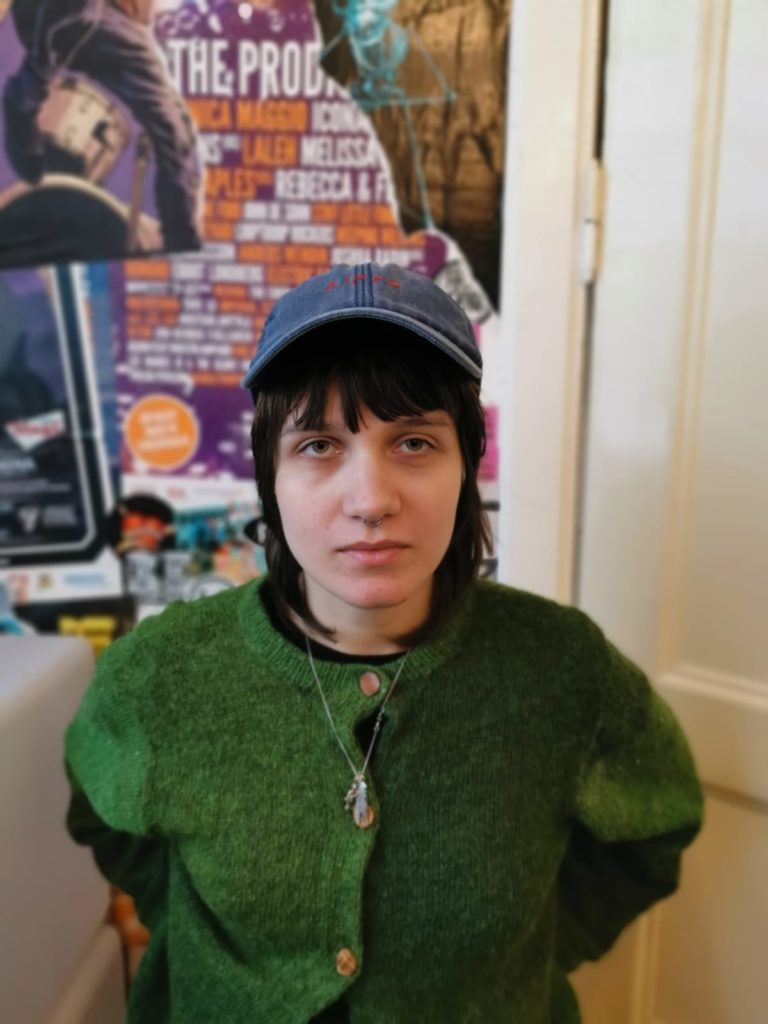
-
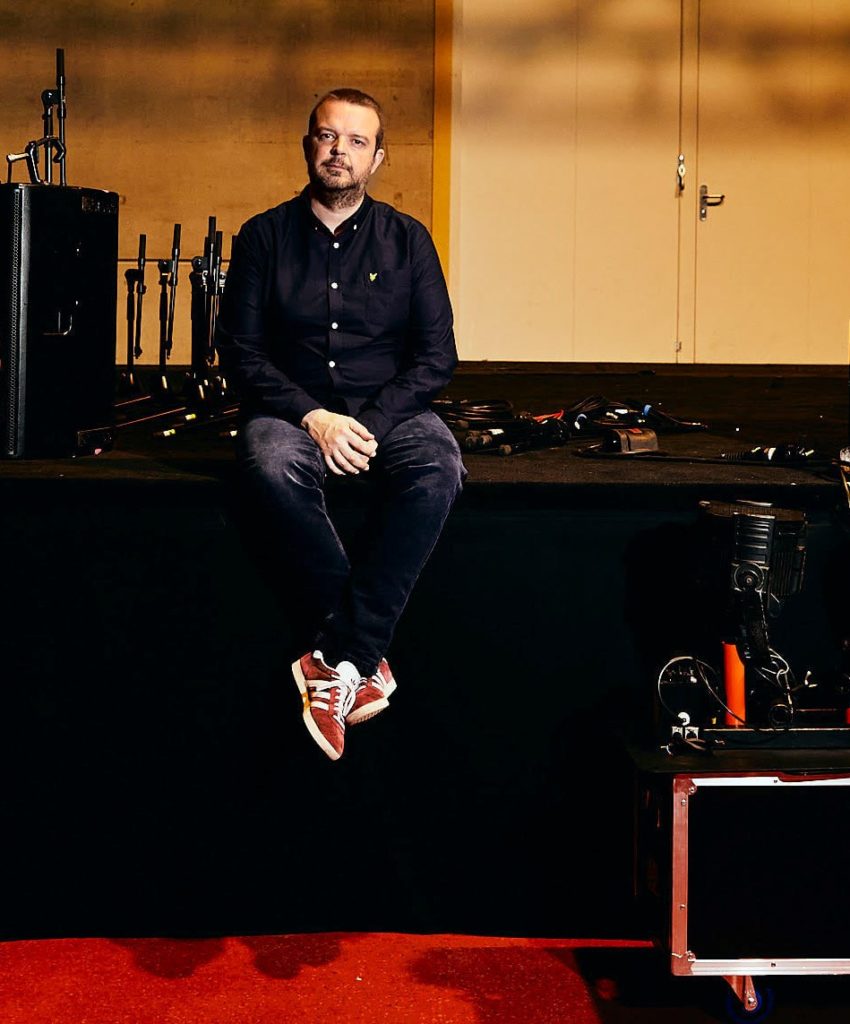
“It’s all about sharing and cooperation!”
-
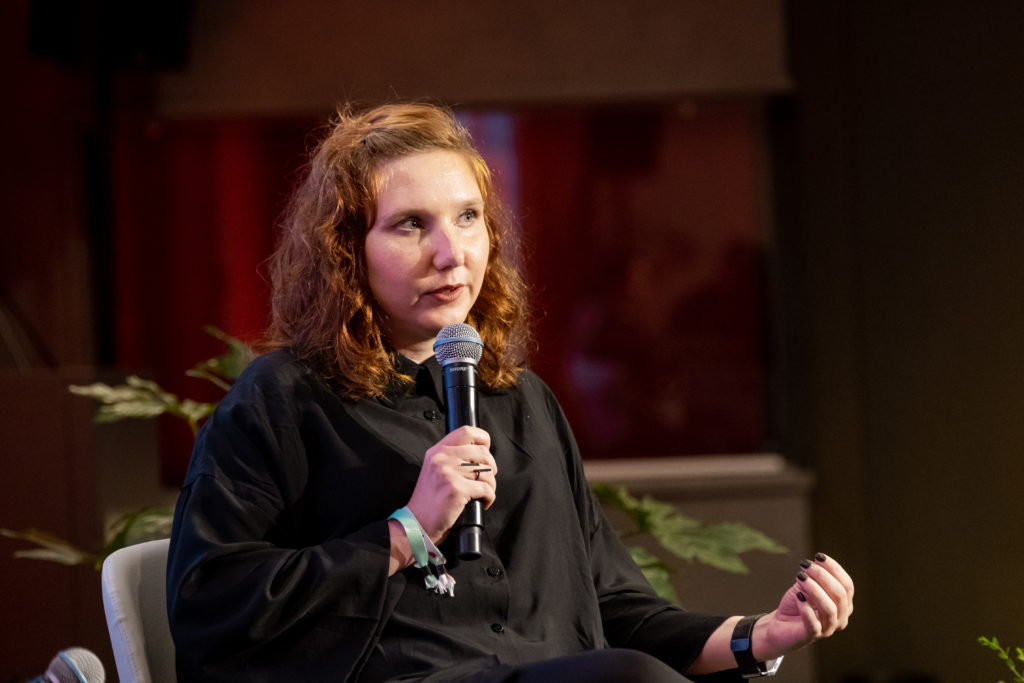
“We need organisations like Live DMA to support our activities. During COVID, it was important to have Live DMA meetings so that we could learn what was going on in the other countries, and that was very helpful when it came to the lobby work on the local level”
-
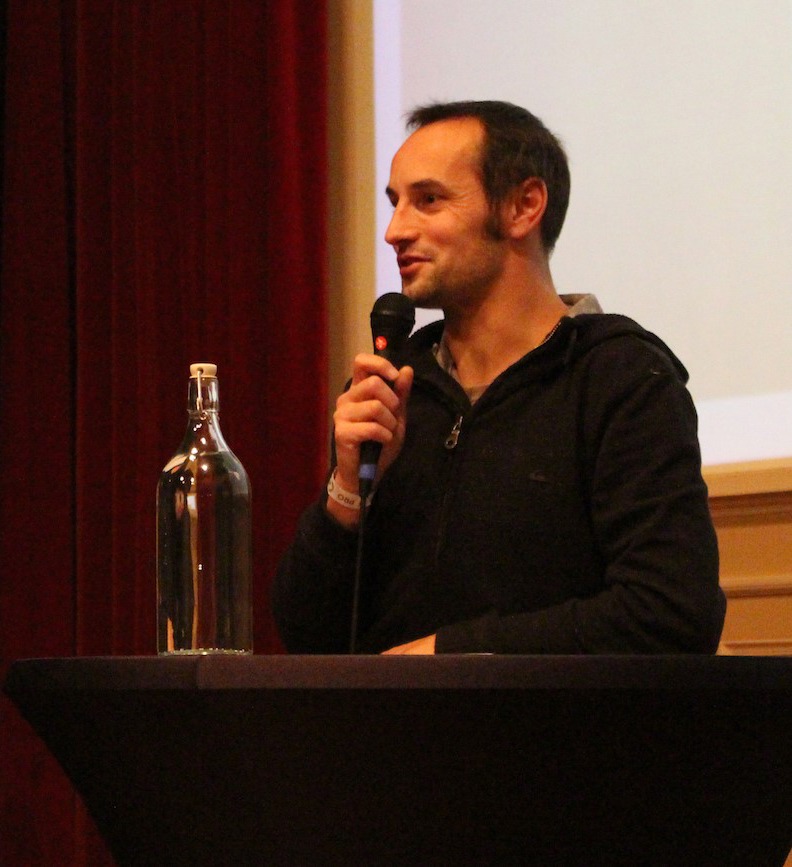
“We have been celebrating the 10th anniversary of Live DMA, a network which was created in 2012 by venue networks from all over Europe. The purpose was to share knowledge and skills with each other, and to set up common projects, and I think we’ve succeeded in doing that!”
-

“I learned to collect and process data with good quality, and also I learned the importance of data to start a dialogue with institutions. Good data gave ACCES a lot of recognition”
-

ʻʼThanks to Live DMAʼs Survey, we showed our government that the more a venue is subsidized, the more money they generate. The Ministry of Culture had little knowledge of our sector. So to present these figures from different European countries was crucial in re-valorising our subsidies.”
